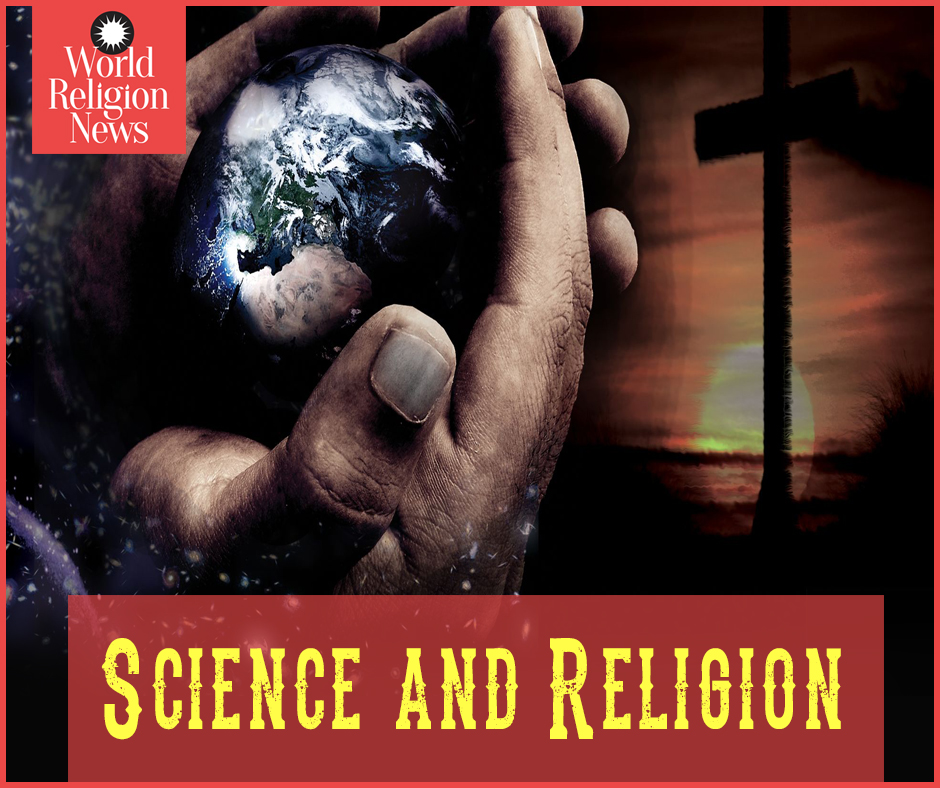
Uniting Science and Religion to Improve Global Health
- By Alison Lesley --
- 29 Mar 2015 --
Can the unlikely duo of science and religion come together to improve global health?
Tensions between science and religion are common within the world, especially the United States. Birth control, abortion, embryonic research, and the Affordable Care act are a few of the perennial topics.
A study commissioned by the AAAS offered insight into how Americans viewed the relationship between science and religion. It shows 38.3% of participants viewed the relationship as a collaboration, and 26.8% said it was in conflict. The remaining group was divided between favoring either science or religion.
A video released followed the life of a young boy from the onset of Ebola to death. The video displayed information combining scientific findings alongside the church’s information of African Culture. The video aimed to present information to solve the problem from religious and scientific standpoints.
Jennifer Wiseman is the director of the American Association for the Advancement of Science’s Dialogue on Science, Ethics and Religion. She takes great interest in global health projects such as the Ebola video described above.
“Many religious communities are interested in bettering human health as a way of service to others,” and they need the best scientific research in order to provide the best service, wrote Jennifer Wiseman in an email. She also wrote “health care practices are not carried out in a vacuum,” requiring the insights of people like faith leaders to make a difference in communities.
She believes that global health should be an effort where religion and science can cross paths to work for the benefit of the world. The biases of both sides should not stand in the way of global health.




















